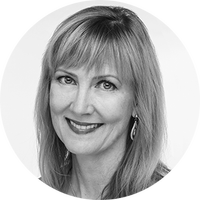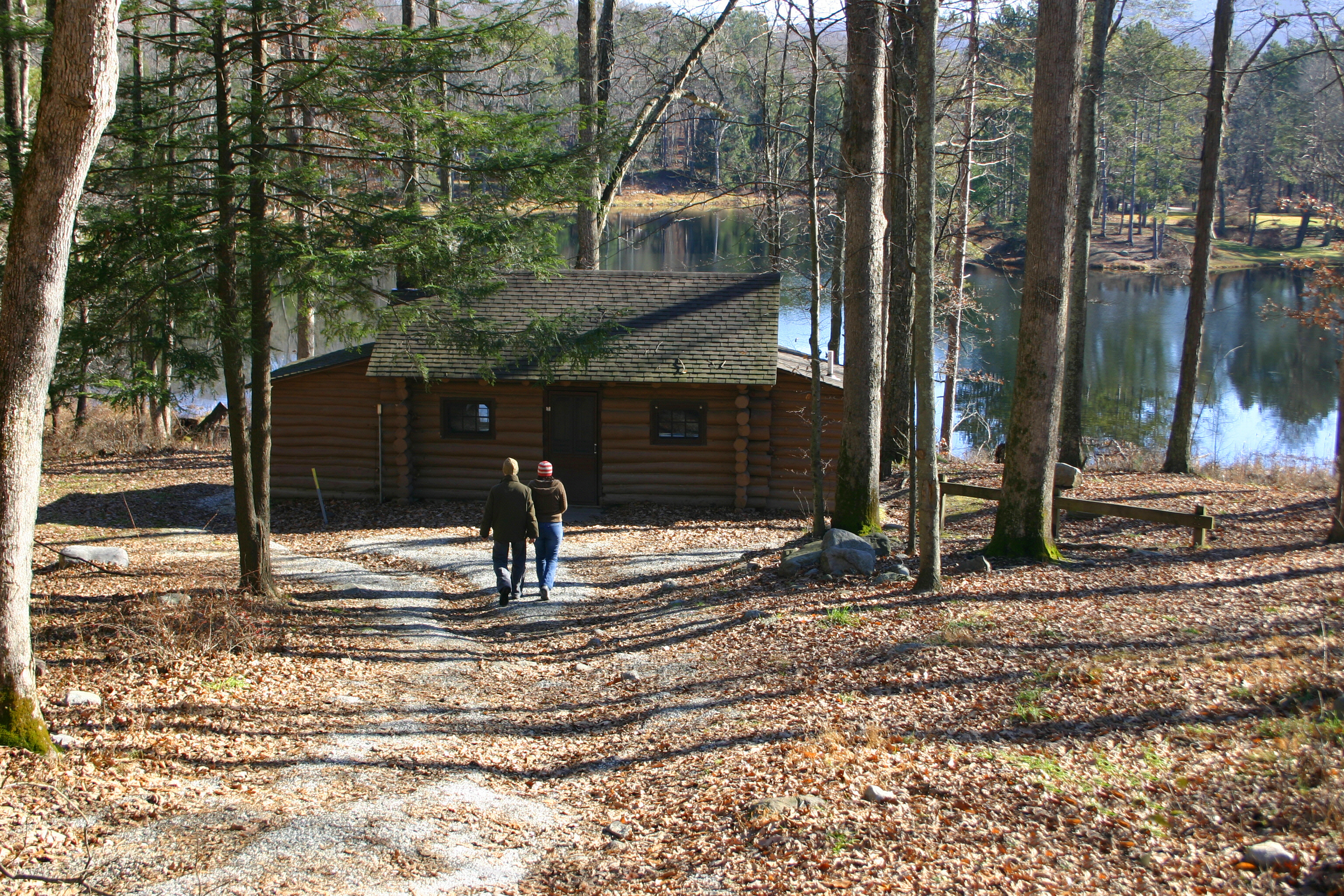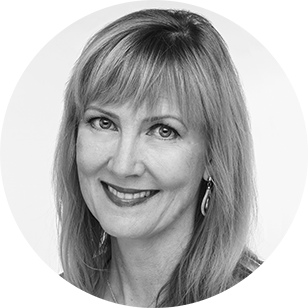The big mistake most people make when planning for retirement
When planning for retirement, it pays to be specific


A free daily email with the biggest news stories of the day – and the best features from TheWeek.com
You are now subscribed
Your newsletter sign-up was successful
Preparing for your "golden years" is a big focus of any financial plan. Will you invest in real estate and the stock market to save? Do you have an IRA or company retirement plan? These are all great questions. But making sure you're covered financially is only one part of the bigger picture. The question that is often overlooked when planning for retirement is how, exactly, you want your life to look after you retire. As in: What do you want to do with your time?
Retirement planning isn't just about the money, but is equally about the significant life changes you will face.
"People come into our office wanting to retire and they are clear what they want to retire from: a job, a career, a bad commute, the rat race," explains Cass Grange, a senior adviser associate at Lucien, Stirling & Gray Advisory Group in Austin, Texas. "What they often lack is a vision of what they want to retire to: a meaningful life filled with connections and purpose. This takes time to build and plan. And planning your life after working is just as crucial as the financial piece of retirement planning."
The Week
Escape your echo chamber. Get the facts behind the news, plus analysis from multiple perspectives.

Sign up for The Week's Free Newsletters
From our morning news briefing to a weekly Good News Newsletter, get the best of The Week delivered directly to your inbox.
From our morning news briefing to a weekly Good News Newsletter, get the best of The Week delivered directly to your inbox.
The important thing, when looking down the road to retirement, is to get specific. What's important to you? What do you want an average day to look like? Where do you want to be? Those are some big questions to be asking now, especially if you're decades away from leaving the workforce. But Grange has found that people tend to view their own ages differently through time. Before 50, they tend to think of themselves as being 12-15 years younger than they actually are, which can lead to unrealistic timelines for planning and saving.
"They often tell me, 'I'll just work until I am 80. That is my retirement plan!'" she says. Then in their 50s they get tired or downsized, or have health issues, and they come in and say, "I'm done working, I want to retire."
In other words, retirement — or the urge to retire — can sneak up on you. The sooner you start planning as if you're retiring tomorrow, the sooner you can retire tomorrow, and the better that retirement will be. Start by making a list of the things you'd like to do.
Here's a good example: Jessica and Bill (whose names have been changed for this article) were in their 50s and both working full-time. They had saved a significant amount of money already, and owned four rental properties. Their sole focus, for many years, had been on saving and surviving. But they hadn't really thought about what retirement would actually look like for them. After some long, soul-searching conversations with Grange, Jessica and Bill finally put their retirement dream into words: They had always been to have a little cabin on a lake.
A free daily email with the biggest news stories of the day – and the best features from TheWeek.com
After hearing this, Grange urged the couple to hone in on how exactly this would work. The clients protested. "But we were going to wait until we retire to do this," they said.
But Grange was adamant. Why should they wait another 20 years to iron out the details of their dream, when they could do it now?
"I asked if they had any idea where they'd like to do this," says Grange. "The family had rented a cabin on the same lake in northern Minnesota for decades. They knew exactly the lake they wanted to be on, and how much it would cost." In fact, the couple had enough money to buy the cabin now. "They bought a cabin that summer and have enjoyed it most summer weekends since then."
As Jessica and Bill did, decide where you want to be. If your dream is to live in the mountains, pick a city and start looking at property prices, so you know what you're getting yourself into. The worst thing that could happen is to realize at 65 that you can't afford to chase your retirement dream.
The other reason to get specific is because sometimes people spend years dreaming of retirement, but once they get there, they're confused or unsure of how to spend their time. After decades doing the same job, this much free time can lead to loneliness or a loss of a sense of purpose — especially because so many people take not just money from their jobs, but meaning as well. If you enjoy what you do, try looking for a charity or nonprofit you can volunteer for in retirement. Don't just say you want to volunteer, actually find the right program for you. A person's network of friends and family makes a huge difference in the success of retirement, Grange says.
Even if you've started planning late in the game, it's never too late to take purposeful steps.
Shelley Seale is a freelance journalist and author in Austin who has written for National Geographic, USA Today, The Guardian, and Texas Monthly, among others. She loves yoga, indie movies, wine, and books, though not necessarily in that order. Shelley has performed a catch on the flying trapeze, boarded down a live volcano and was once robbed by a monkey in Nepal. But she doesn't know how to whistle.
-
 The ‘ravenous’ demand for Cornish minerals
The ‘ravenous’ demand for Cornish mineralsUnder the Radar Growing need for critical minerals to power tech has intensified ‘appetite’ for lithium, which could be a ‘huge boon’ for local economy
-
 Why are election experts taking Trump’s midterm threats seriously?
Why are election experts taking Trump’s midterm threats seriously?IN THE SPOTLIGHT As the president muses about polling place deployments and a centralized electoral system aimed at one-party control, lawmakers are taking this administration at its word
-
 ‘Restaurateurs have become millionaires’
‘Restaurateurs have become millionaires’Instant Opinion Opinion, comment and editorials of the day
